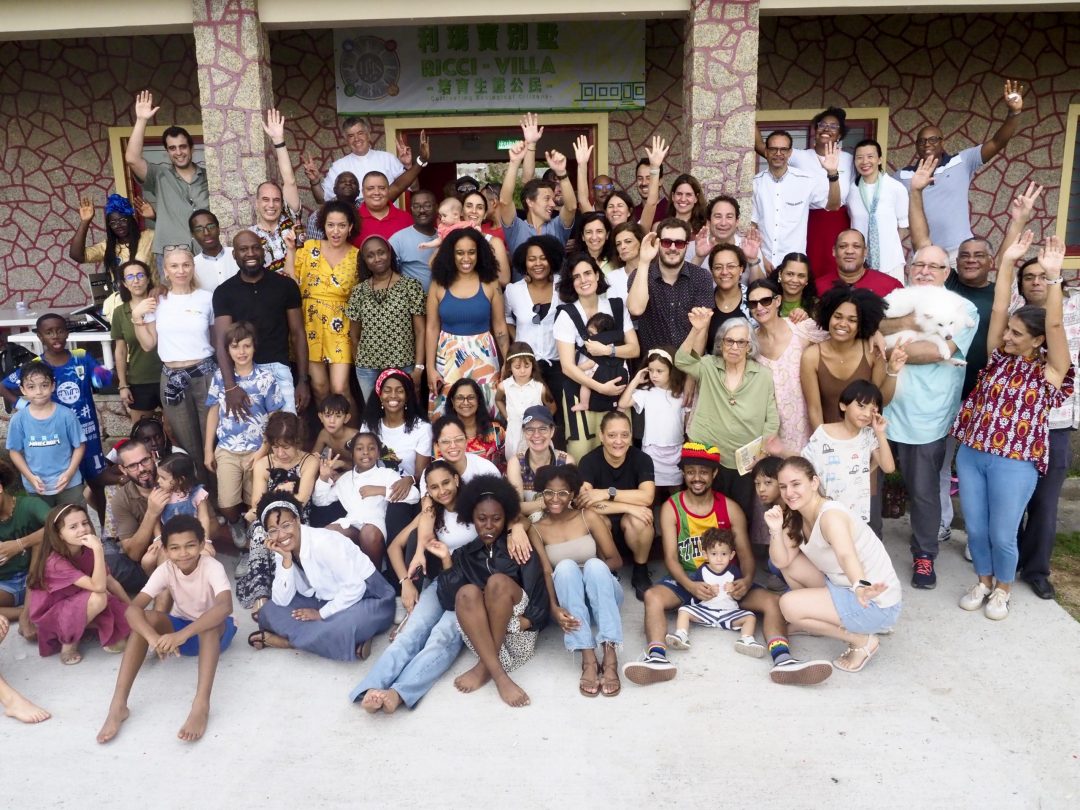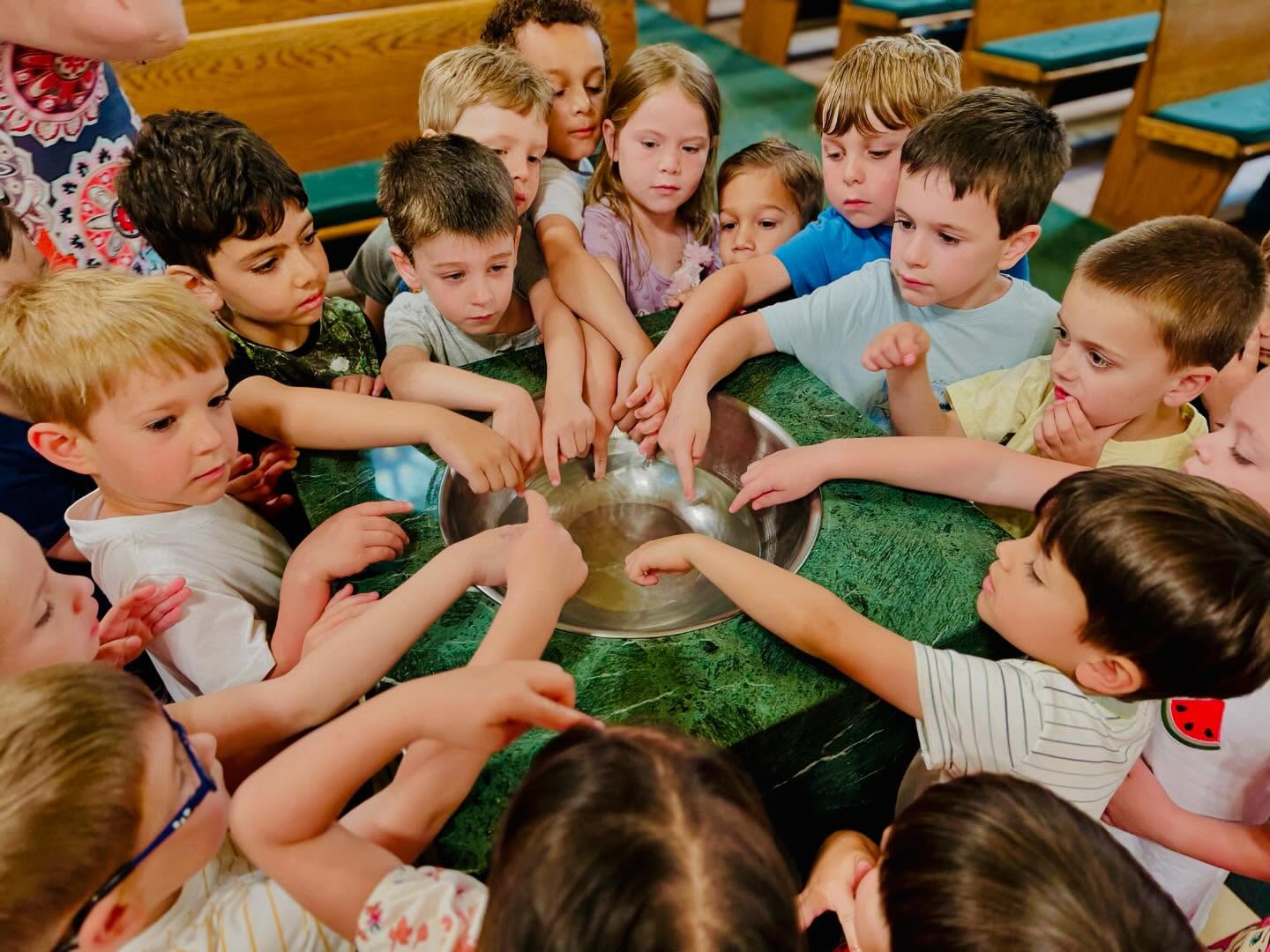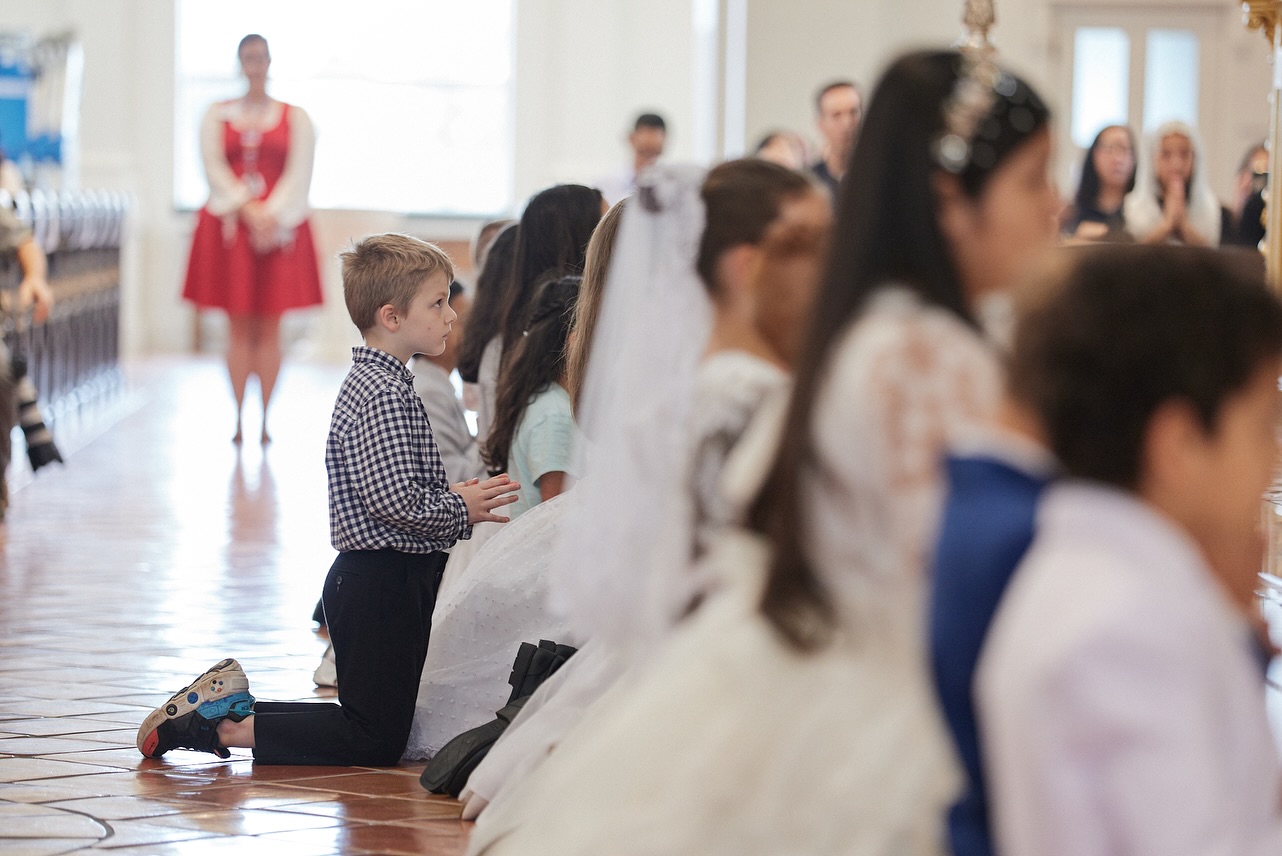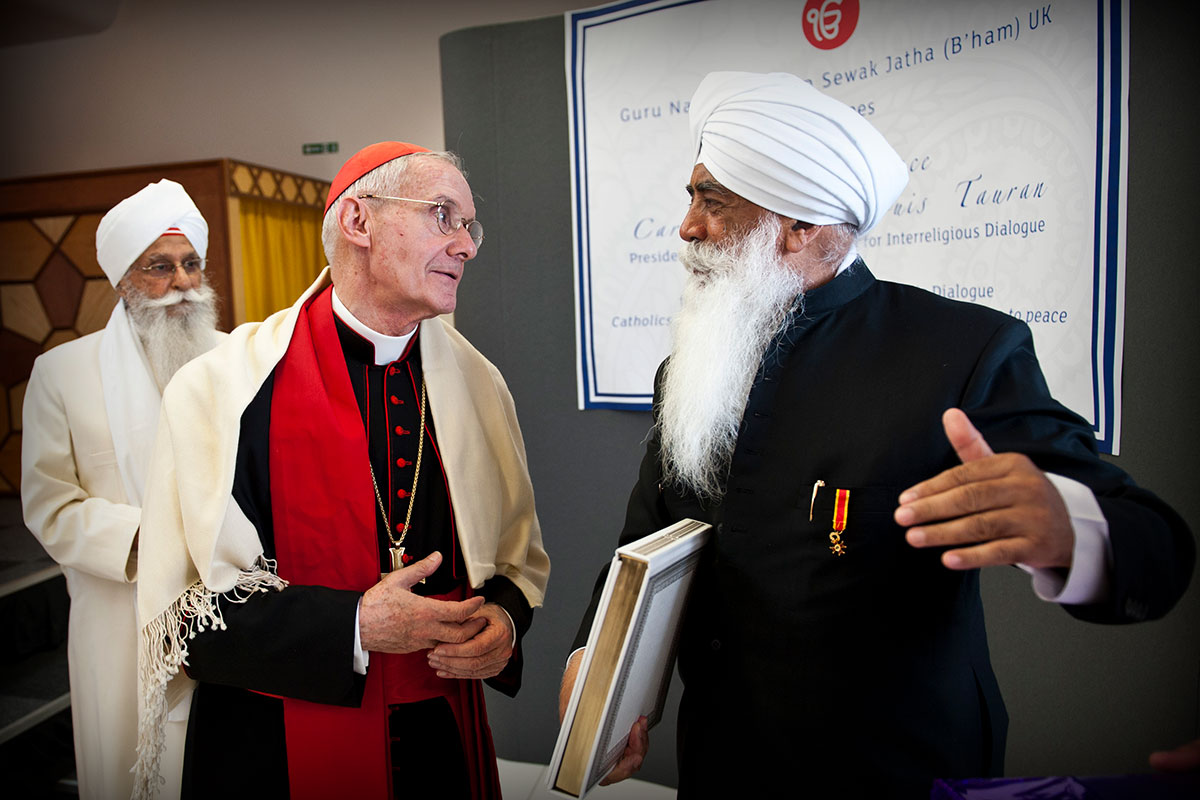Fr. Eduardo Emilio Aguero, SCJ
The community of disciples, together with the Apostles and the Virgin Mary, gathered in expectation. The Lord Jesus, the master and teacher they cherished had returned to His glory with the Father, completing His “Passover”—the transition from death to life and the fulfilment of His redemptive mission. His resurrection was not merely a triumph over death but a revelation of the eternal glory He possessed from the beginning, which He fully enjoyed with his return to His Father. Before His departure, He reassured His followers, saying “But I tell you the truth, it is to your advantage that I go away; for if I do not go away, the Helper/Comforter, will not come to you” (Jn 16:7). At first, this seemed a paradox. How could His leaving be good? Would their Teacher and Savior not be more valuable to them in His visible presence? This mystery puzzled me for a long time, but understanding the connection between the Jewish Feasts of Passover and Pentecost allowed me to have a deeper understanding of God’s plan for salvation.
From Passover to Pentecost: Liberation and Transformation
In the Jewish tradition, Passover has always been the feast that commemorates Israel’s liberation from slavery in Egypt. It marked their journey from oppression into the freedom of being God’s people. Similarly, Christ’s Passover—His suffering, death, and resurrection—liberated His followers from sin, deception, and the darkness of death. Yet, liberation alone is not enough. Just as Israel crossed the Red Sea before receiving the Law at Mount Sinai, humanity, redeemed by Christ, needed guidance, purpose, and the transforming presence of God. The Law, given to Moses, celebrated at the “Feast of Weeks (Shavuot)”, shaped the Jewish people into a “holy nation”, “a chosen people” to bring God’s blessings to all. In parallel, “Pentecost—the Christian fulfilment of Shavuot—marks the birth of the Church, formed by the outpouring of the Holy Spirit. The Spirit is not merely an external force but a “living presence” that enables believers to know Christ from within. Through Him, we assimilate Christ’s Gospel into every fibre of our being and become true children of God. Jesus had told His disciples, “As the Father has loved me, so I have loved you” (Jn 15:9). This love, originating in the Blessed Trinity, flows from the Father to the Son and, through the Spirit, abides in each of us as a living temple (cf. 1 Pet 2:5-7).
Pentecost: The Reversal of Babel and the Formation of One People
On Pentecost, tongues of fire descended upon the disciples, and people from diverse nations heard them speaking in their own languages. This miraculous event restored unity, contrasting sharply with Babel, where human pride led to division and confusion (Gn 11:5-9). At Babel, self-reliance and arrogance fragmented humanity. Pentecost, by contrast, unified people through divine grace. The Holy Spirit did not erase differences but wove them into communion with God’s will, forming the Church—the new People of God—entrusted with the responsibility of carrying His salvation to the world. This era—the time of the Church and the Holy Spirit—is our mission field. Guided by the Spirit, we are called to continue Christ’s saving work, spreading the Gospel to the ends of the earth (Mt 28:19-20).
The Domestic Church: The Christian Family as the First Community of Faith
Pentecost reveals that individual growth and maturity flourish within a community filled with love and obedience to the Spirit. The Christian family is the foundation of this communal life. It is built upon the sacramental love of spouses, who, guided by the Holy Spirit, become one flesh and participate in God’s creative work by welcoming children into the world.
Through Baptism, these children become members of God’s holy people, the Church, and are called to live as sons and daughters of God, our Father. In the family setting, we first learn to recognize the Holy Spirit’s promptings, discern God’s will, and walk with the larger Church as pilgrims of hope.
True freedom is found in obedience to God, which liberates us from:
– The tyranny of selfishness, opening our hearts to a life of generosity and communion.
– The deception of Satan, who offers false idols and misleading ideologies that distort truth.
– The culture of death, which disregards the dignity of the unborn, the elderly, and the vulnerable.
By surrendering to the Holy Spirit, we embrace God’s will, allowing His love to transform us and guide our steps toward authentic discipleship.
A Pentecostal Parish Community: United in Faith and Mission
I cherish my parish community, a vibrant gathering of people from diverse nations and cultures, united by a common language—Portuguese. It is a “Pentecostal community”, shaped by the Spirit, where families come together every Sunday Mass to renew their communion with Christ and the universal Church. In this sacred celebration, we offer ourselves with Christ as a pleasing sacrifice to God, fostering unity and deepening our commitment to building up God´s family. The fruit of the Holy Spirit within us naturally leads to mission, inspiring our parish to engage in prayer, evangelization, and acts of charity. One tangible expression of this mission is the preparation and sending of young people to Cape Verde, Africa, a project supported by our parish priest, Fr. Domingos Un, and the prayers and contributions of the entire parish. Through such initiatives, the Spirit leads us to extend God’s love to all nations, fulfilling the Church’s call to evangelization. As we walk in faith, may Blessed Mary, Mother of the Church, intercede for us, offering her guidance and encouragement. Present with the Apostles at Pentecost, she remains a beacon of inspiration, leading the Church to embrace the fullness of grace in the Holy Spirit.


 Follow
Follow


